artificial intelligence
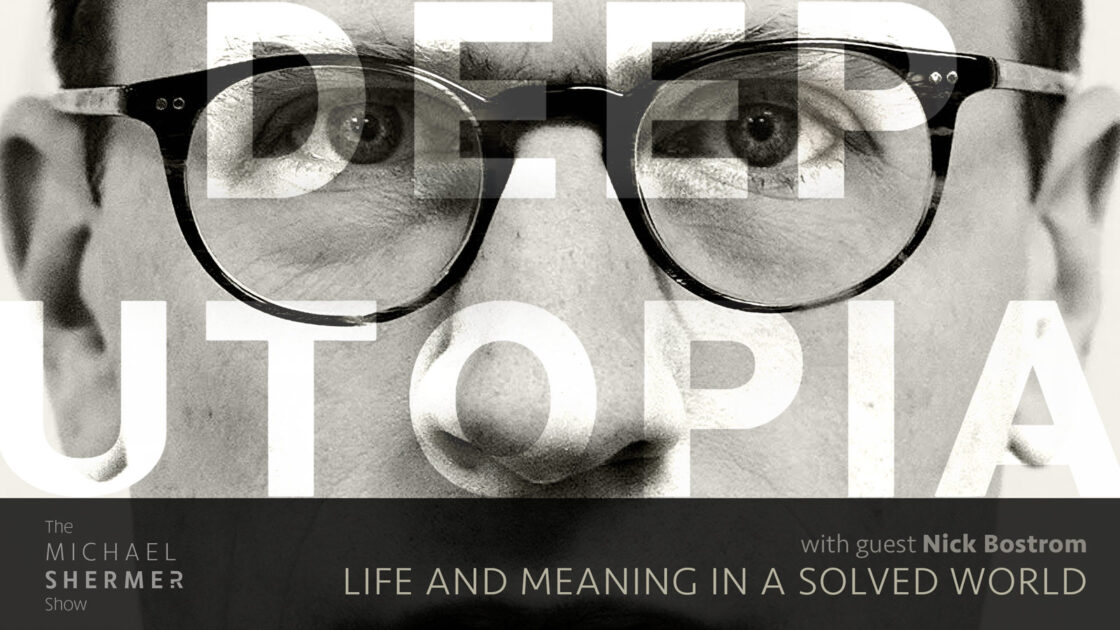
Bostrom and Shermer discuss: An AI Utopia and Protopia • Trekonomics, post-scarcity economics • the hedonic treadmill and positional wealth values • colonizing the galaxy • The Fermi paradox: Where is everyone? • mind uploading and immortality • Google’s Gemini AI debacle • LLMs, ChatGPT, and beyond • How would we know if an AI system was sentient?
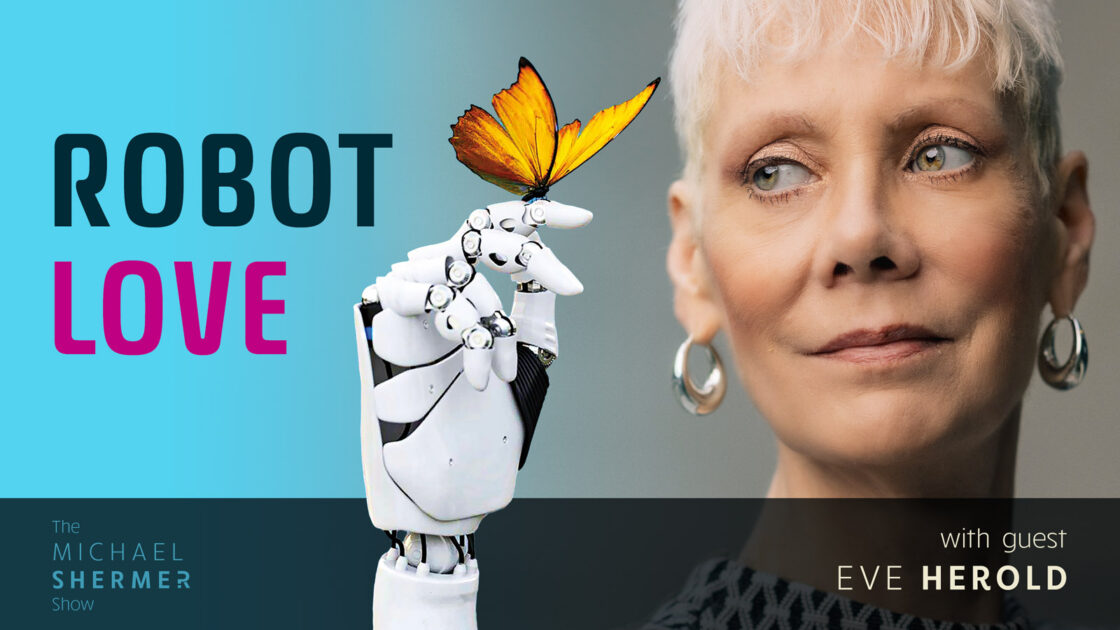
Shermer and Herold discuss: social robots, sex robots, robot nannies, robot therapists • flying cars, jetpacks and The Jetsons • Masahiro Mori • emotions, animism, mind • emotional intelligence • artificial intelligence • large language lodels • ChatGPT, GPT-4, GPT-5 and beyond • the alignment problem • robopocalypse • robo soldiers • robot sentience • autonomous vehicles • AI value systems, and their legal and ethical status.
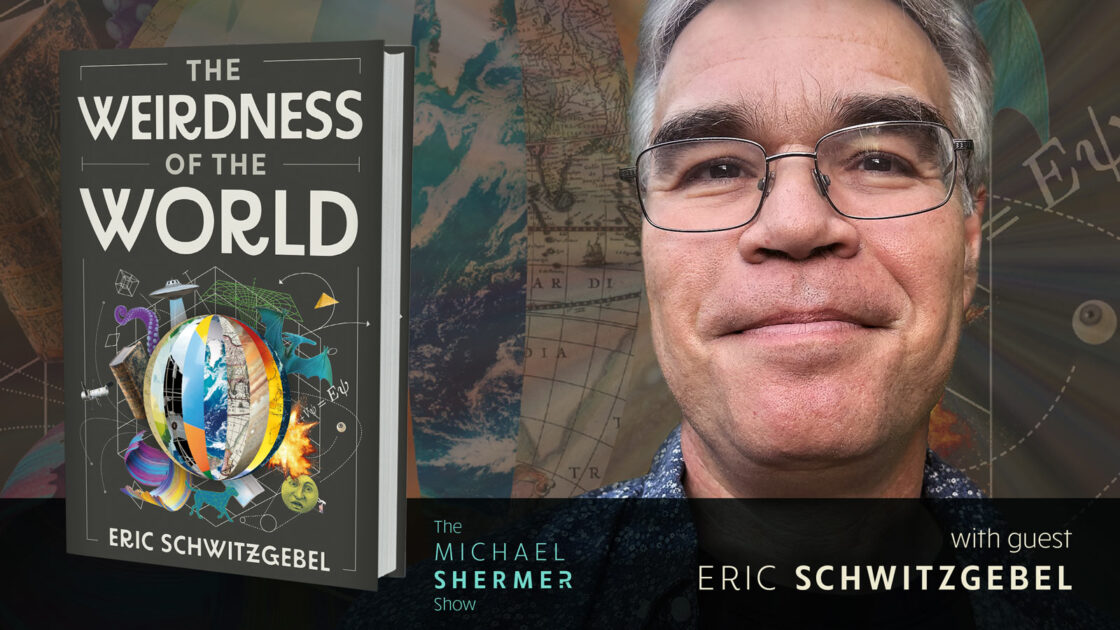
Shermer and Schwitzgebel discuss: bizarreness • skepticism • consciousness • virtual reality • AI, Turing Test, sentience, existential threat • idealism, materialism • ultimate nature of reality • solipsism • evidence for the existence of an external world • computer simulations hypothesis • mind-body problem • truths: external, internal, objective, subjective • mind-altering drugs • entropy • causality • infinity • immortality • multiverses • why there is something rather than nothing.
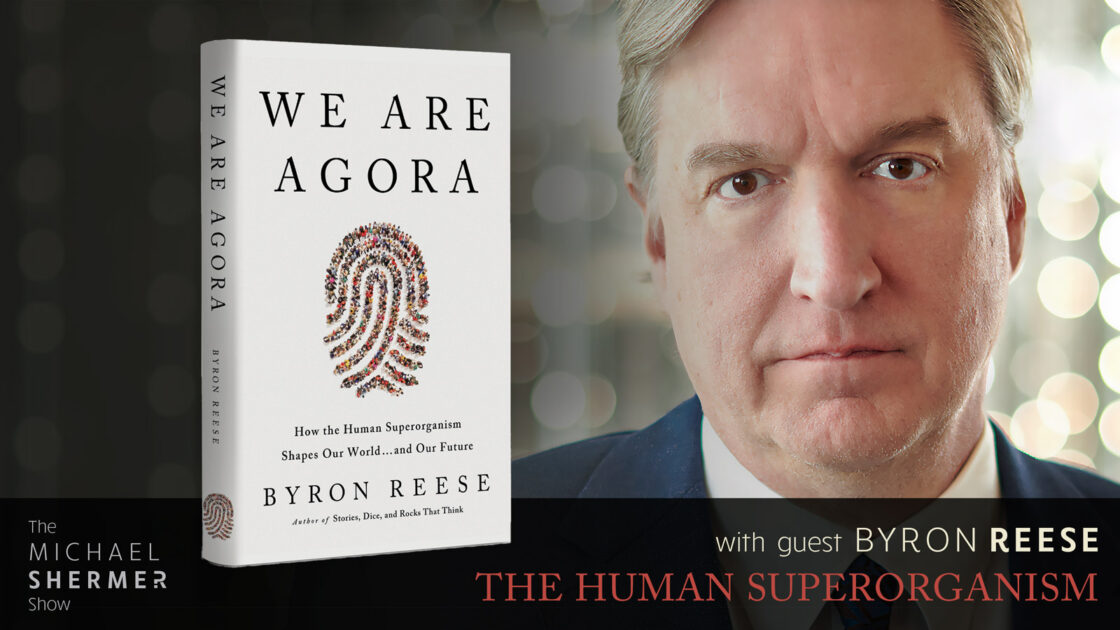
Shermer and Reese discuss: • organisms and superorganisms • origins of life • the self • emergence • consciousness • Is the Internet a superorganism? • Will AI create a superorganism? • Could AI become sentient or conscious? • the hard problem of consciousness • cities as superorganisms • planetary superorganisms • Are we living in a simulation? • Why are we here?
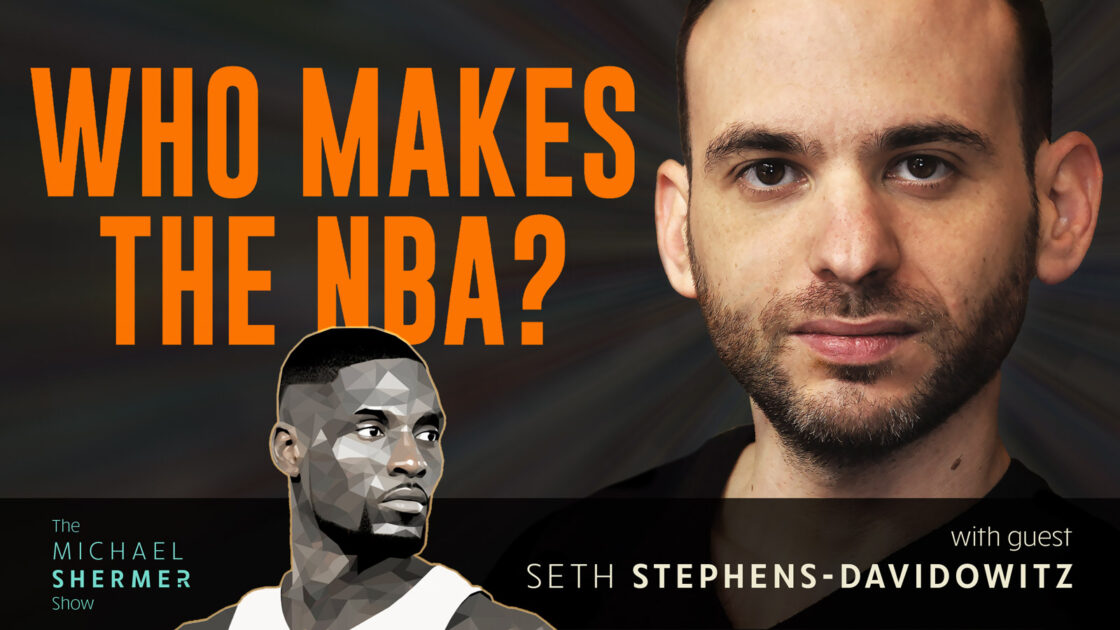
Shermer and Stephens-Davidowitz discuss: why some countries produce so many more NBA players than others • the greatest NBA players adjusted for height • why tall NBA players are worse athletes than short NBA players • How much do NBA coaches matter and what do they do? • In a population of 8 billion today compared to centuries past, where are all the Mozarts, Beethovens, Da Vincis, Newtons, Darwins, etc.?
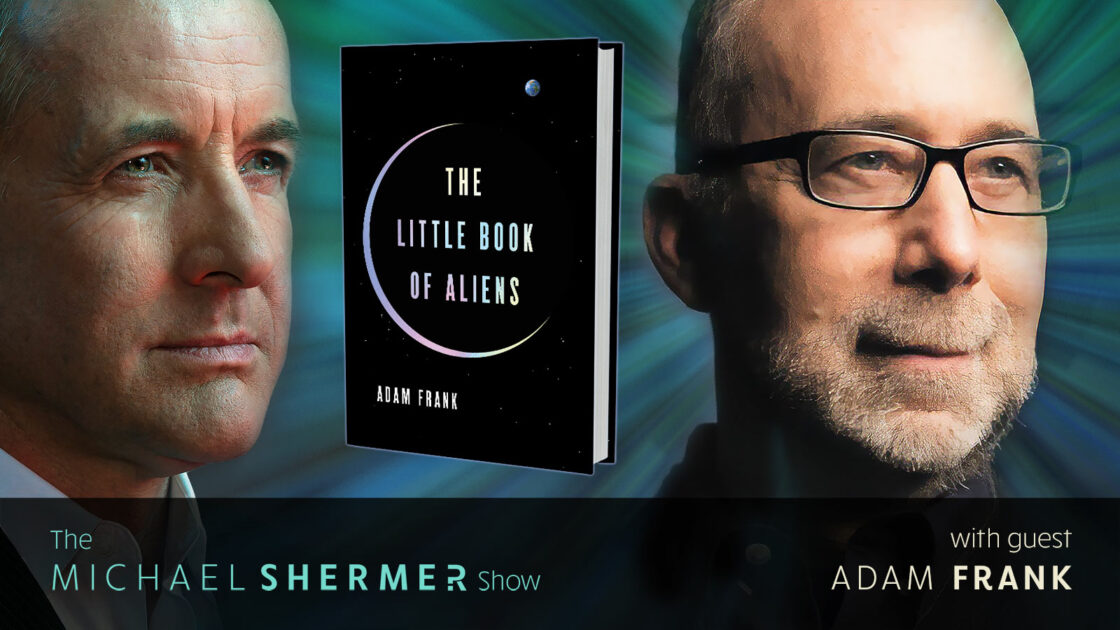
Shermer and Frank discuss: origin of Life • Drake Equation • Fermi’s Paradox • UFOs and UAPs • Projects Sign, Blue Book, Cyclops, Grudge • AATIP (Advanced Aerospace Threat Identification Program) • Alien Autopsy film • SETI & METI • technosignatures & biosignatures • aliens: biological or AI? • convergent vs. contingent evolution • interstellar travel • Dyson spheres, rings, and swarms • Kardashev scale of civilizations • aliens as gods and the search as religion • why aliens matter.

I’m a Monster Biologist. No — that’s not a self-aggrandizing professional description. I actually think about the biology of monsters. Twenty years ago, when I first conceived of Biology 485 as a rigorous treatment of “Why Things Aren’t,” I figured that it was already nearing obsolescence. Surely the speed of information through this new-fangled Internet, […]
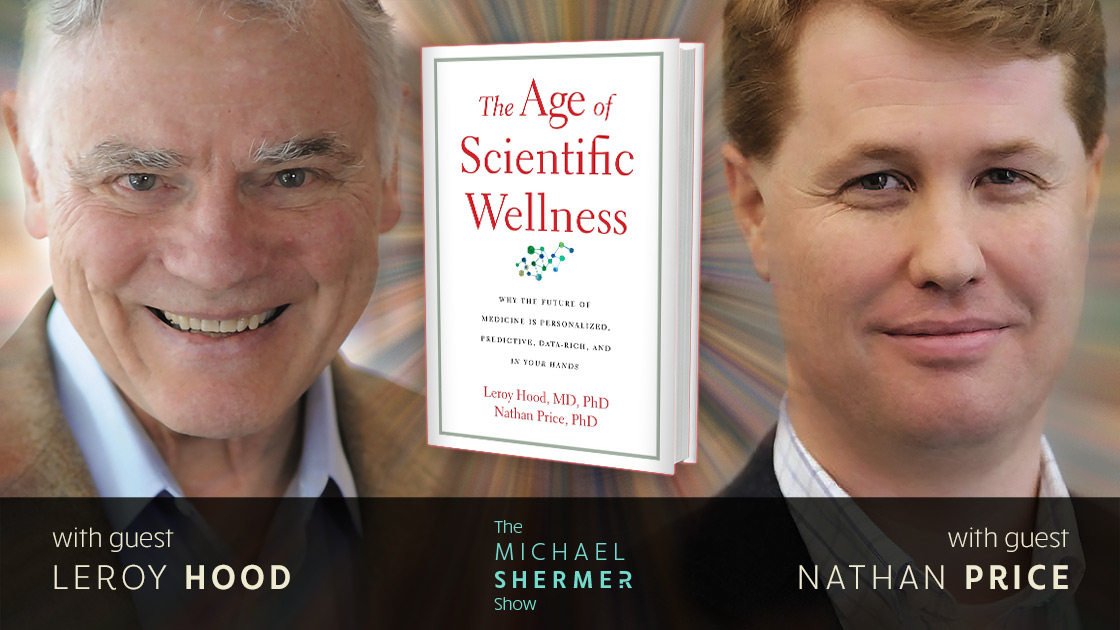
Hood, Price, and Shermer discuss: why we age and die • sickcare vs. healthcare • the 10 most popular drugs in the U.S. work for only about 10% of treated people • chronological age ≠ biological age • life expectancy, life span, longevity, and healthspan • why eliminating all cancers would only increase average life span by 3 years • genome vs. phenome • gut biome • optimizing brain function • brain plasticity • sleep, nutrition, exercise • Alzheimer’s • AI and…
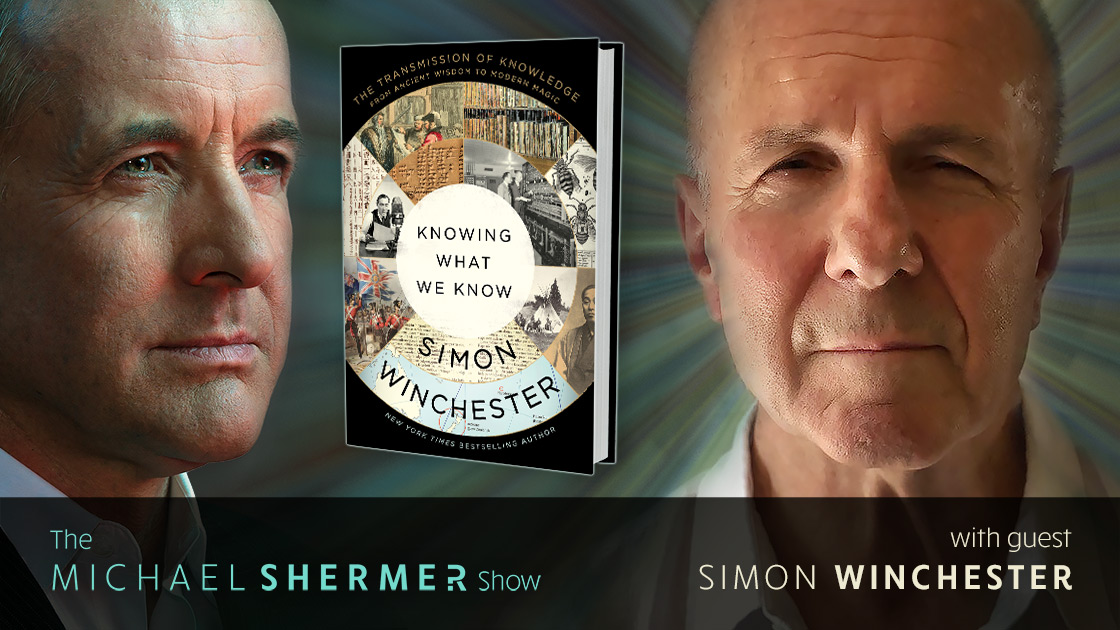
Shermer and Winchester discuss: how to become a professional writer • ChatGPT, GPT-4, and AI • knowledge as justified true belief • What is truth? • Are we living in a post-truth world of fake news and alternative facts? • education, past and present • books and the printing press • the history and future of encyclopedias • museums: repatriating objects taken during colonialism • print and broadcast journalism • internet and knowledge.
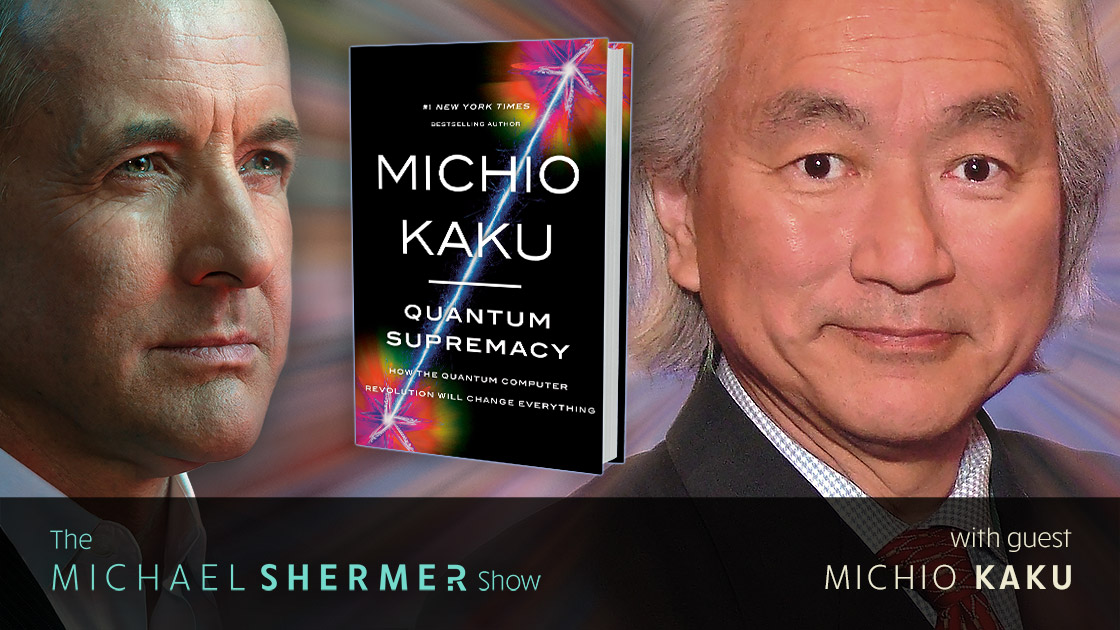
Shermer and Kaku discuss: AI, GPT, sentience/consciousness, the end of humanity • decoherence • Uncertainty Principle • multiverse, parallel universes, and Many Worlds hypothesis • Einstein • the evolution of the computer • the origin of life • climate change solutions • feeding 10 billion people • gene editing • curing cancer • immortality • simulating the universe • UAPs and UFOs • chaos theory and indeterminism • Are we living in a simulation? • Is there a God? •…
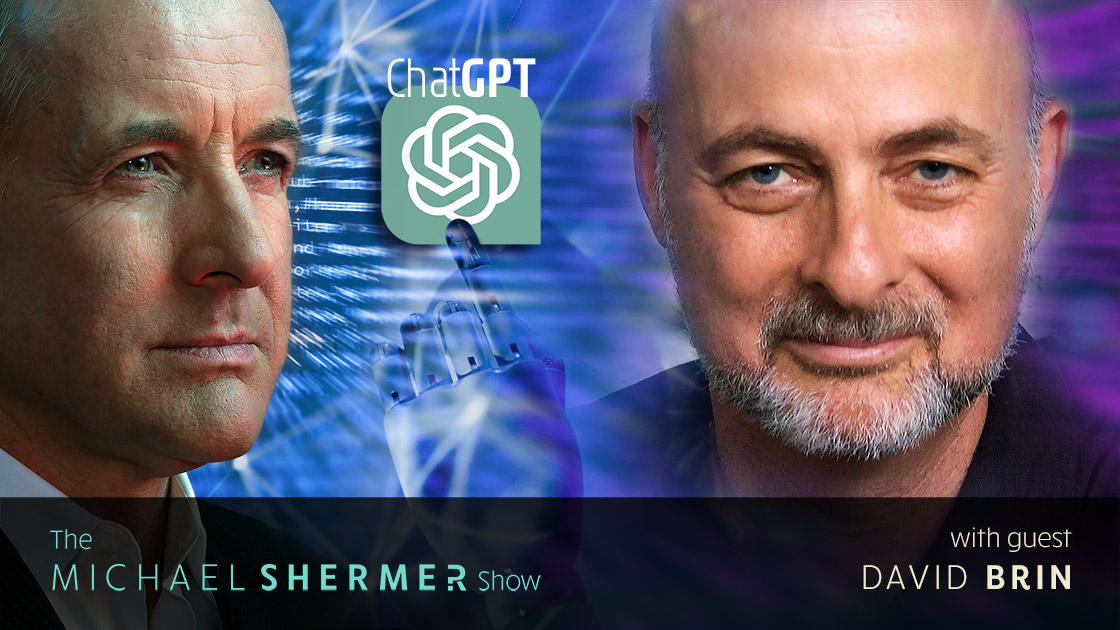
Shermer and physicist, science fiction author, and AI expert David Brin discuss: AI and AGI • are they existential threats? • the alignment problem • Large Language Models • ChatGPT, GPT-4, GPT-5, and beyond • the Future of Life Institute’s Open Letter calling for a pause on “giant AI experiments” • Asilomar AI principles • Eliezer Yudkowsky’s Time OpEd: “Shut it All Down” • laws and ethics.
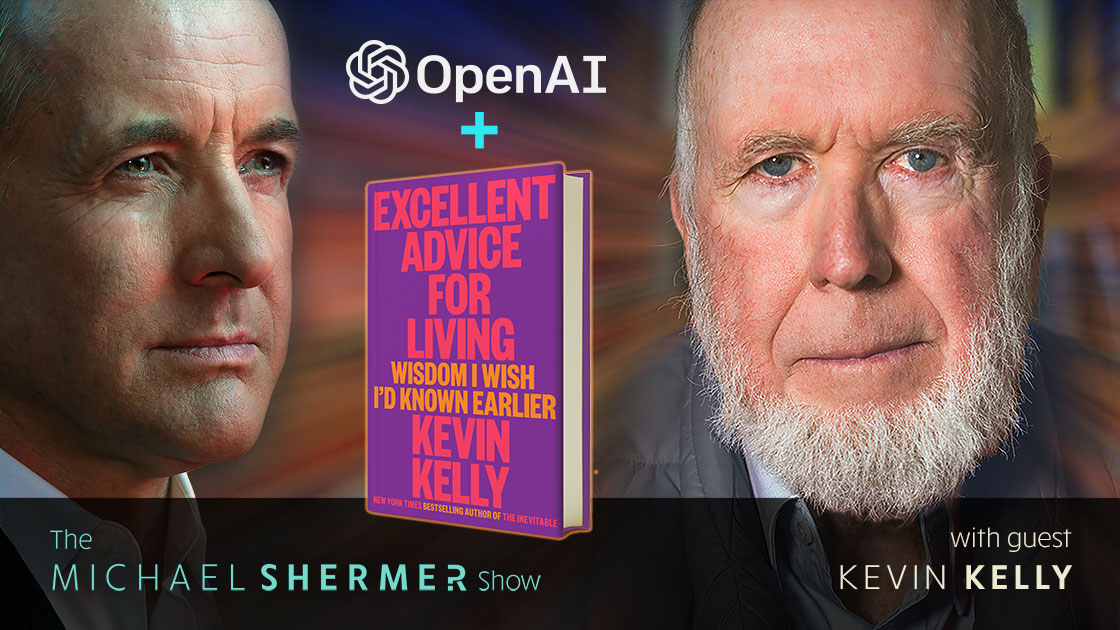
Shermer and Kelly discuss: protopian progress • ChatGPT • artificial intelligence; an existential threat? • evolution • cultural progress • self-driving cars • innovation • social media • putting an end to war • compound interest and the long term effect of small changes • why you don’t want to be a billionaire • beliefs and reason • setting unreasonable goals • persistence as key to success • probabilities and statistics, not algebra and calculus • investing: buy and hold • how to fully become yourself.

The philosophical problem of free will and determinism—how can humans have any sort of volition in a world determined by the laws of nature?—has troubled thinkers since the time of the ancient Greeks, and here in the 21st century there is still no consensus among thinkers on a solution to the problem. Can science help? Is there some way to test determinism? There is, says Gary Whittenberger, in this evocative article in response to a debate in the pages of…
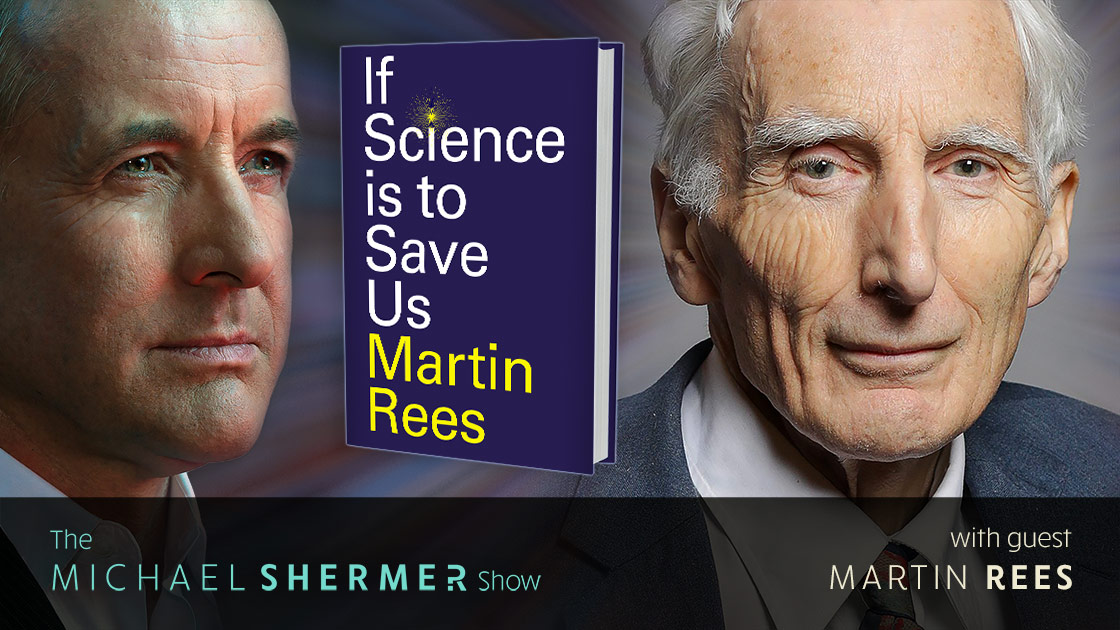
Shermer and Rees discuss: existential threats • overpopulation • biodiversity loss • climate change • AI and self-driving cars, robots, and unemployment • his bet with Steven Pinker • his disagreement with Richard Dawkins • how science works as a communal activity • scientific creativity • science communication • science education • why there aren’t more women and people of color in STEM fields • verification vs. falsification • Bayesian reasoning and scientific progress • Model Dependent Realism and the…
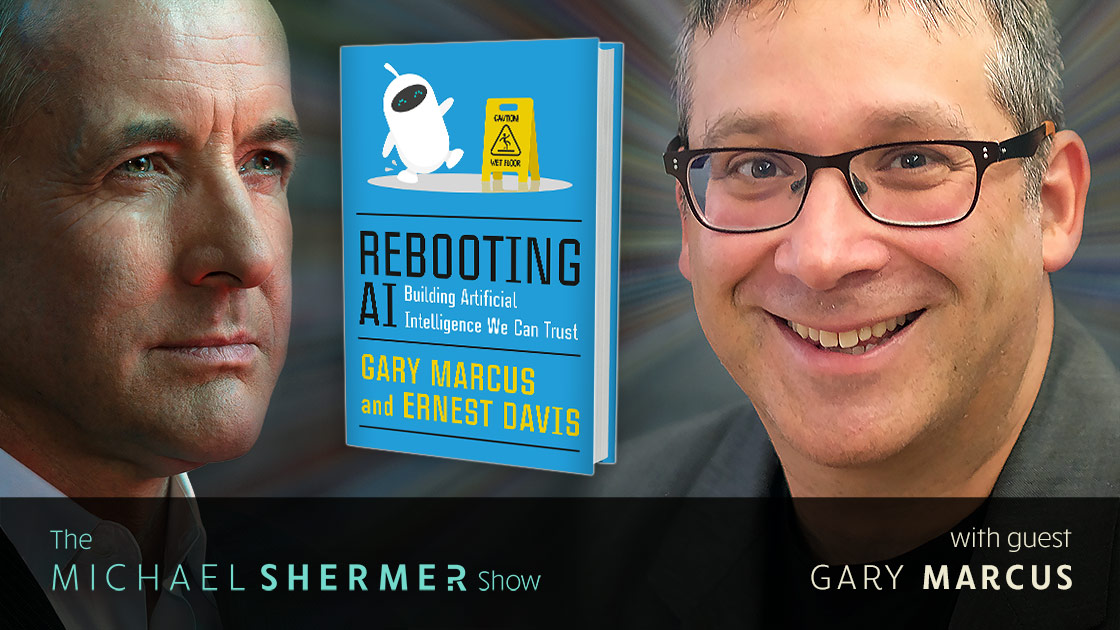
Shermer and Marcus discuss: why AI chatbot LaMDA is not sentient • “mind”, “thinking”, and “consciousness”, and how do molecules and matter give rise to such nonmaterial processes • the hard problem of consciousness • the self and other minds • How would we know if an AI system was sentient? • Can AI systems be conscious? • free will, determinism, compatibilism, and panpsychism • language • Can we have an inner life without language? • How rational or irrational…
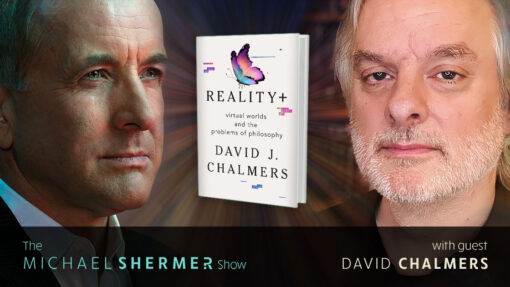
Michael Shermer speaks with University Professor of Philosophy and Neural Science and codirector of the Center for Mind, Brain and Consciousness at New York University, Dr. David Chalmers, about his book Reality+: Virtual Worlds and the Problems of Philosophy.
Michael Shermer speaks with University Professor of Philosophy and Neural Science and codirector of the Center for Mind, Brain and Consciousness at New York University, Dr. David Chalmers, about his book Reality+: Virtual Worlds and the Problems of Philosophy.
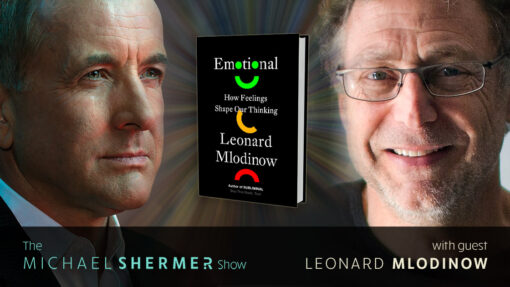
Extraordinary advances in psychology and neuroscience have proven that emotions are as critical to our well-being as thinking. In this conversation, Michael Shermer speaks with Leonard Mlodinow about his new book Emotional: How Feelings Shape Our Thinking.
Extraordinary advances in psychology and neuroscience have proven that emotions are as critical to our well-being as thinking. In this conversation, Michael Shermer speaks with Leonard Mlodinow about his new book Emotional: How Feelings Shape Our Thinking.
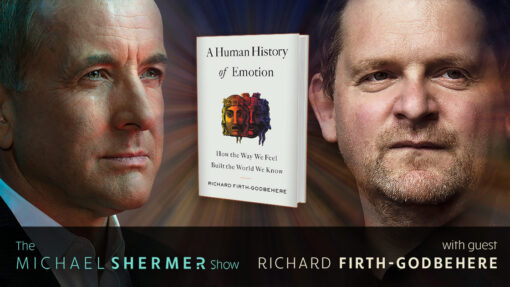
Michael Shermer speaks with Richard Firth-Godbehere his book A Human History of Emotion: How the Way We Feel Built the World We Know, drawing on psychology, neuroscience, philosophy, art, and religious history, and taking us on a fascinating tour of the central and often under-appreciated role emotions have played in human societies throughout history.
NEXT →




























